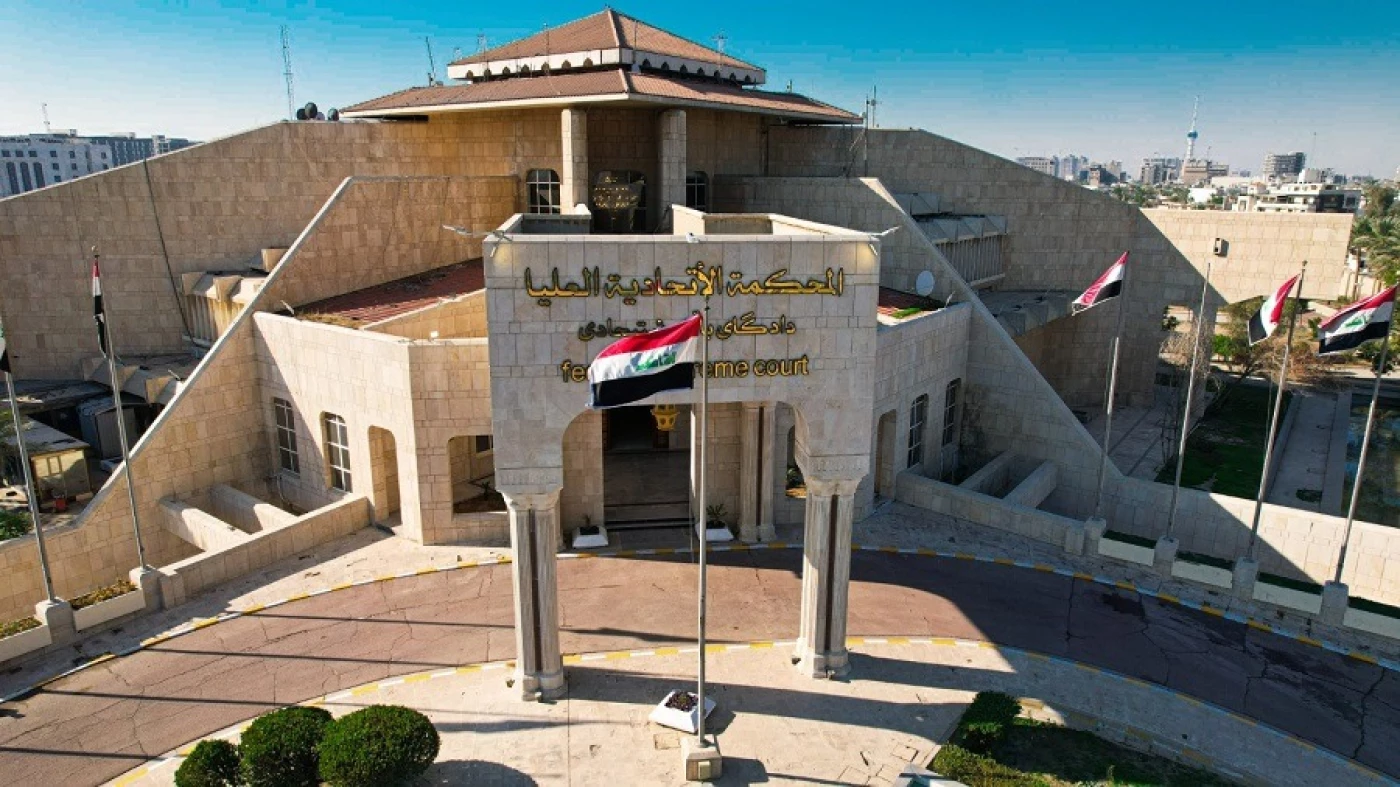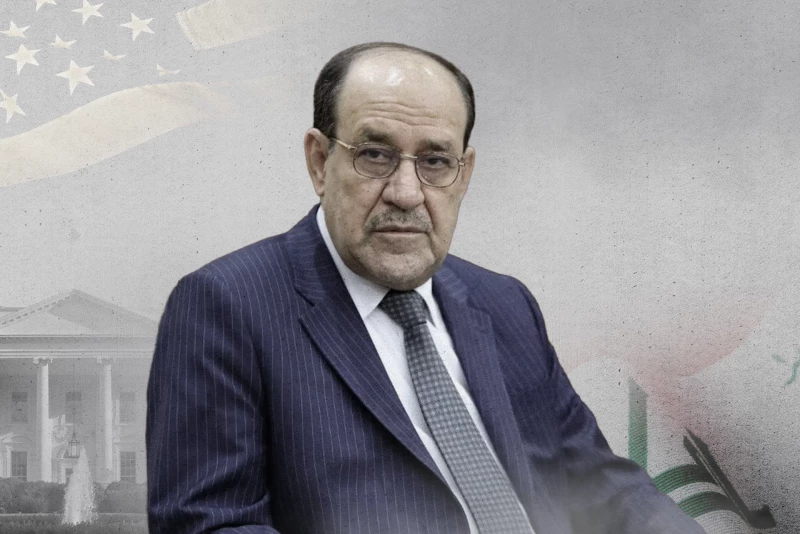ERBIL, Kurdistan Region of Iraq - Iraq’s judiciary has faced its biggest test in legitimacy since 2005 over the past two weeks. The resignation of the chief justice of the Federal Supreme Court and several judges was not a regular administrative event. It was a constitutional shock that exposed the damage caused by political interference in judicial independence and the shift of the court from a legal body to a political player influenced by powerful parties.
Despite the initial shock of the resignations, appointing a new chief justice is not enough to restore public trust. The court now needs a full reset, constitutionally, professionally, and ethically, to go back to its original role: protecting the constitution, not reinterpreting it based on political needs or power balances.
In recent years, the court has lost its balance. It no longer just interprets the constitution but has expanded its authority by issuing rulings that reshape politics, such as canceling the “blocking third” and interpreting Article 76 in ways that go against accepted constitutional understanding. More seriously, the court became a backstage room for major political deals, receiving messages from political forces and timing decisions for political reasons. It became part of the power game, not its legal referee.
The resignation of some judges shows internal disagreement and professional rejection of what was happening. But real reform will not come unless the court, under its new leadership, takes clear and honest steps in the following areas:
1. Announce a new judicial code of conduct
The court should release a founding statement that confirms its full neutrality and its refusal of any political interference or alignment with any side. This statement must stress that the court will no longer accept any form of “guided interpretations” or “agreed rulings” that twist the law to fit political agendas.
2. Review past politically driven rulings
The court must re-examine certain past decisions that went beyond the legal text or made political crises worse. This is not about reversing past rulings, but about admitting that the court sometimes issued overly broad interpretations. A legal review should be opened to prevent repeating these errors.
3. Shut down political negotiation channels
The court cannot be reformed unless all backdoor political channels are shut down completely and permanently. The court is not part of the political process or a tool to change the balance of power. Keeping these channels open will only cause more chaos and deepen the public’s loss of trust in the top court.
4. Include the legal community in the review
The court should begin closed consultations with constitutional law experts, university professors, and retired judges to review its path, how decisions are made, and ways to improve transparency. A strong internal oversight system should be built to ensure judges stay independent from political pressure.
5. Take a clear stand on the upcoming elections
The court must take the initiative, without waiting for political leaders, to issue a statement clarifying its role in the upcoming elections, especially its oversight role and its independence in handling complaints. It must also reject any political attempts to delay the elections using legal excuses. Staying silent now will be seen as taking sides, something the court cannot afford in its fragile current position.
Today, the Federal Supreme Court is not just Iraq’s highest constitutional court. It is a symbol of the political system’s legitimacy. If it fails to stay out of the growing power struggles ahead of the parliamentary elections in November, it will become a divisive and illegitimate player. This would fuel political alienation and threaten Iraq’s democracy.
The court cannot change Iraq’s geography or end its involvement in regional conflicts. But it can create a point of legal stability to restore some public belief in the state and its institutions.
If it continues to decline, Iraq may face open constitutional chaos, where the state’s legitimacy becomes a point of conflict, not solved by the judiciary, but worsened by it. This would lead to the collapse of one of the last rational institutions left in post-2003 Iraq.
The views expressed in this article are those of the writer and do not necessarily represent the position of The New Region's editorial team.



 Facebook
Facebook
 LinkedIn
LinkedIn
 Telegram
Telegram
 X
X


